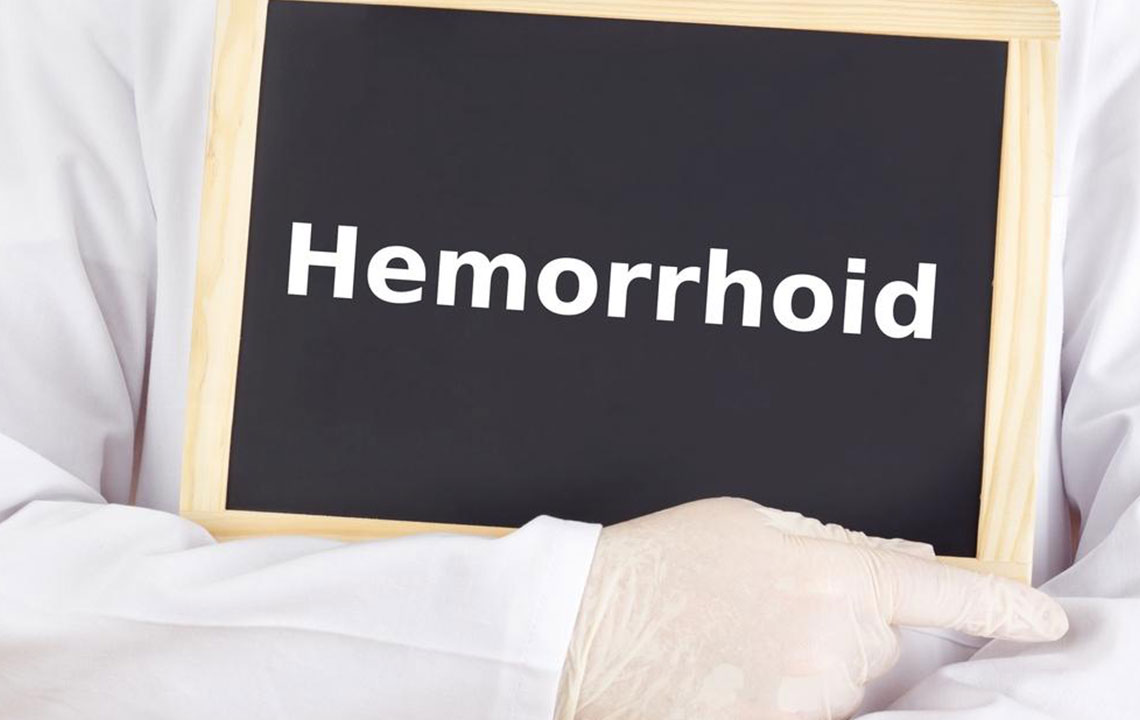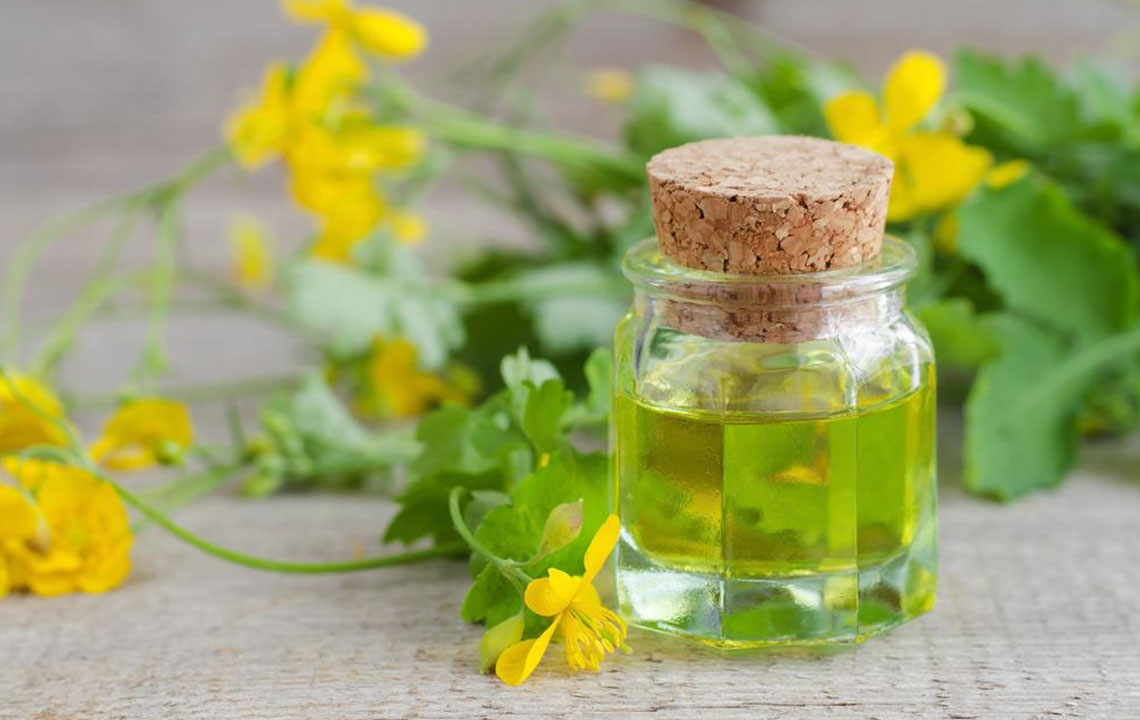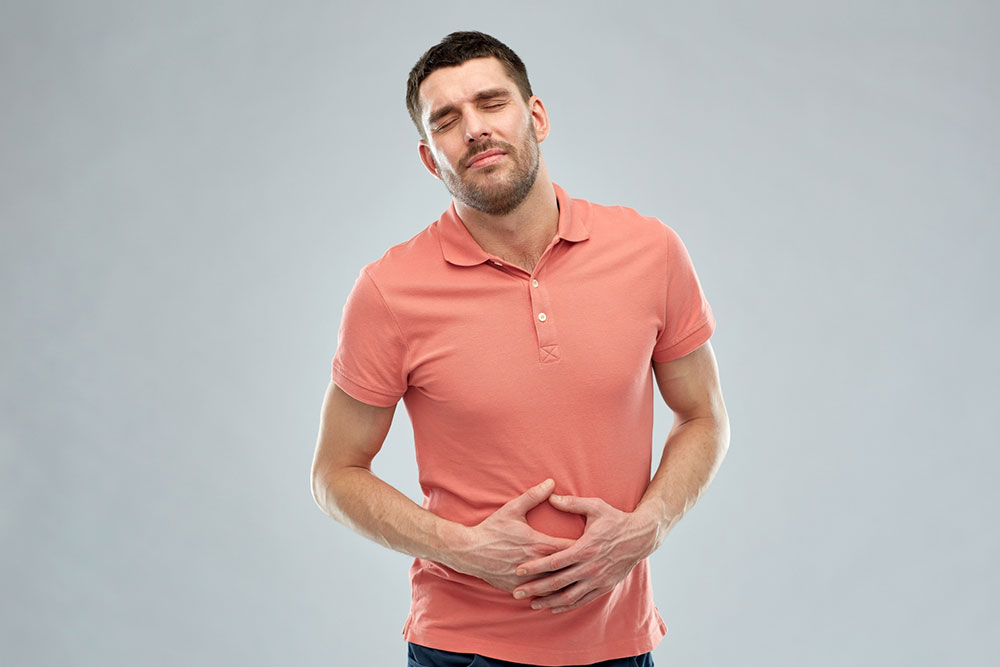Comprehensive Guide to Hemorrhoid Relief and Effective Management Strategies
This comprehensive guide explores effective strategies for hemorrhoid relief, including lifestyle changes, home remedies, and medical treatments. Recognizing early signs and seeking prompt care can greatly improve comfort and health. From diet and hygiene tips to minimally invasive procedures, learn how to manage and prevent hemorrhoids effectively. Discover proven methods to reduce inflammation, alleviate pain, and promote healing, ensuring a better quality of life for those affected by this common condition.

Comprehensive Guide to Hemorrhoid Relief and Effective Management Strategies
Hemorrhoids are a common health concern affecting a significant portion of the adult population worldwide. Characterized by swollen veins around the anus or lower rectum, hemorrhoids resemble varicose veins in their appearance and can cause considerable discomfort. Despite being widespread, many individuals are unaware of the various treatment options available to manage and relieve symptoms effectively. Understanding the underlying causes, recognizing early signs, and exploring both home remedies and medical interventions can greatly improve quality of life. This comprehensive guide aims to shed light on effective strategies for hemorrhoid relief, management, and prevention.
Recognizing the symptoms of hemorrhoids early can facilitate prompt treatment and prevent complications. Common signs include:
Itchy, irritating sensations around the anal area, which may become increasingly uncomfortable.
Swelling or lumps in the anal region that can cause pain or discomfort, especially during bowel movements.
Bright red blood noticed on toilet paper, in the toilet bowl, or water during elimination, often painless but alarming.
The presence of tender lumps or swelling, indicating possible thrombosed hemorrhoids with blood clots.
Dealing with hemorrhoid symptoms requires a multi-faceted approach. Many individuals find relief through simple lifestyle modifications and home remedies. These can often alleviate symptoms significantly and promote healing without the need for invasive procedures. However, persistent or severe symptoms should prompt consultation with a healthcare professional for appropriate evaluation and treatment.
Here are some effective home remedies and lifestyle changes to manage hemorrhoids:
Adopt a high-fiber diet: Increasing the intake of fruits, vegetables, legumes, and whole grains softens stool, making bowel movements easier and reducing straining that can exacerbate hemorrhoids.
Practice sitz baths: Soaking the anal area in warm water for 10-15 minutes two to three times daily can soothe irritation, reduce swelling, and promote healing.
Maintain proper hygiene: Gently clean the anal area daily with warm water. Avoid harsh soaps, alcohol-based wipes, or scented products that can cause irritation.
Use moist wipes or gentle cleaning methods: Instead of dry toilet paper, opt for moist wipes or soft, damp cloths to minimize trauma to inflamed tissues.
Manage pain effectively: Over-the-counter analgesics such as acetaminophen or nonsteroidal anti-inflammatory drugs (NSAIDs) like ibuprofen can provide temporary relief from pain and swelling.
Avoid prolonged sitting: Take regular breaks when sitting for extended periods to reduce pressure in the anal region.
Consistency in applying these measures often results in significant symptom relief within one week. Nonetheless, for some individuals, symptoms may persist or worsen, necessitating medical intervention.
In such cases, medical treatments are highly effective in providing long-term relief and addressing the root causes of hemorrhoids. These treatments include:
Over-the-counter topical medications: Creams, ointments, suppositories, and medicated pads containing ingredients like witch hazel, hydrocortisone, or numbing agents can temporarily reduce inflammation, itching, and pain.
External hemorrhoid removal (thrombectomy): When blood clots form within hemorrhoids, a minor surgical procedure can extract the clot, providing immediate relief. It’s most effective within 72 hours of clot formation.
Minimally invasive procedures: Techniques such as rubber band ligation, sclerotherapy, or infrared coagulation can shrink hemorrhoids or cut off blood supply, leading to their eventual shrinkage or removal.
Surgical options (hemorrhoidectomy): For severe or prolapsed hemorrhoids that do not respond to conservative treatments, surgical removal may be necessary. This procedure involves excising the enlarged tissue under anesthesia and is highly effective but requires recovery time.
Stapled hemorrhoidopexy: A procedure that uses a special stapling device to remove or reposition hemorrhoidal tissue, often resulting in less pain and quicker recovery compared to traditional surgery.
Preventing hemorrhoids involves maintaining healthy bowel habits, managing weight, and avoiding factors that increase pressure on the rectal veins. Regular exercise, staying hydrated, and avoiding straining during bowel movements are key preventive measures. Recognizing early symptoms and seeking timely intervention can effectively prevent complications and improve outcomes.
While hemorrhoids can be uncomfortable and sometimes distressing, understanding the causes, symptoms, and treatment options can empower individuals to manage the condition effectively. Combining lifestyle modifications, home remedies, and professional medical care forms a comprehensive approach to relief and long-term management. Never hesitate to consult a healthcare provider for a tailored treatment plan, especially if symptoms persist or worsen despite self-care efforts.





